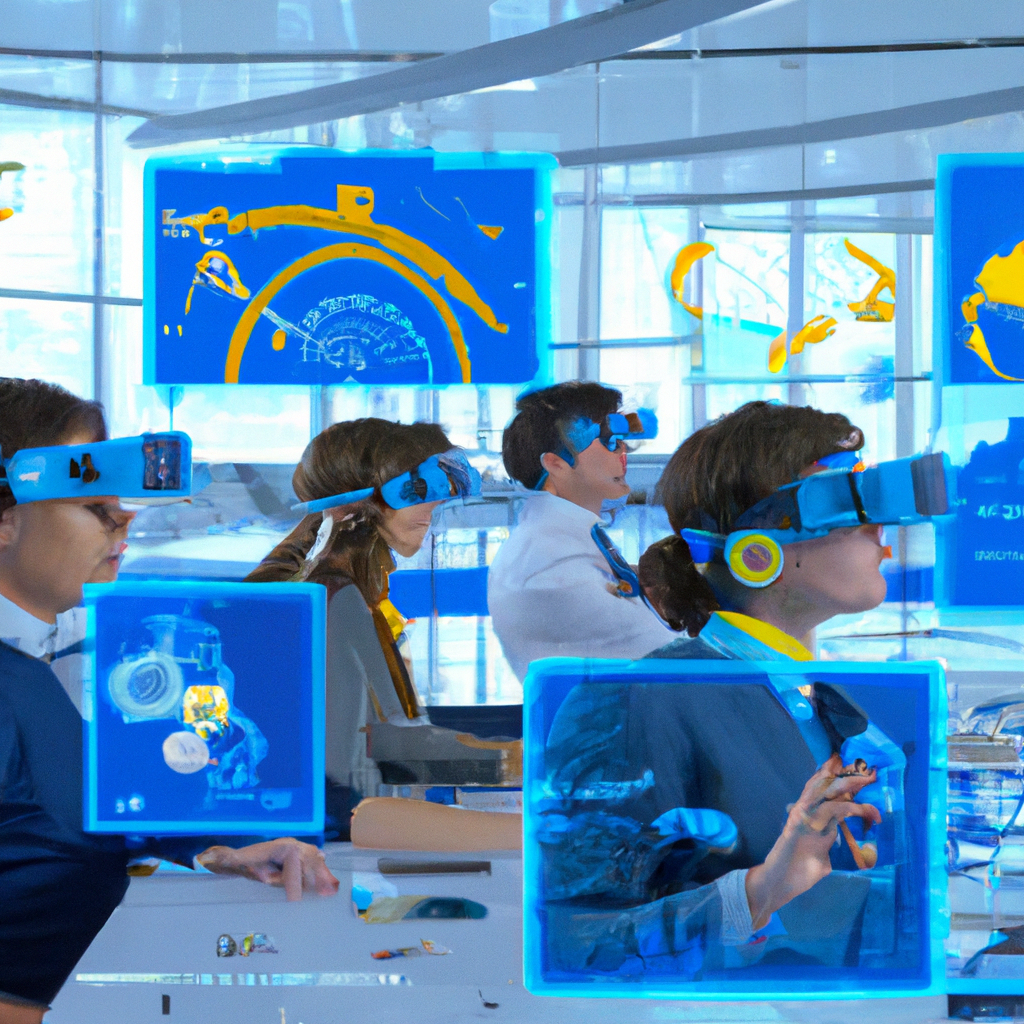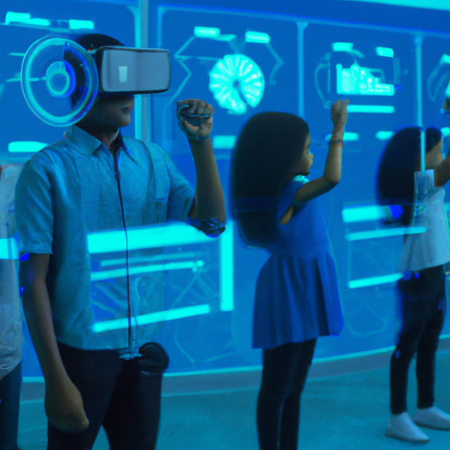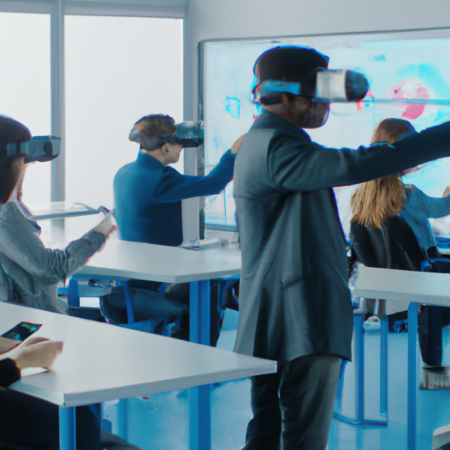Revolutionizing Learning: How Technology Is Shaping the Future of Education
As we stride further into the 21st century, the landscape of education continues to be profoundly influenced by advancements in technology. From virtual classrooms to AI-driven personalized learning experiences, technology is not just a tool but a transformative force reshaping the very essence of how knowledge is acquired and imparted.
The Digital Classroom
Virtual classrooms have democratized access to quality education, enabling students from remote areas to connect with top-tier educators around the globe. Platforms like Zoom and Google Classroom have become household names, illustrating a shift towards more accessible education.
AI and Personalized Learning
Artificial Intelligence (AI) is paving the way for a personalized learning journey. AI tools analyze individual learning patterns and adapt curricula to fit each student’s unique needs, thus enhancing learning outcomes and engagement. Tools like Carnegie Learning and Khan Academy use AI to offer tailored educational experiences that are both engaging and effective.
Immersive Learning with VR/AR
Virtual Reality (VR) and Augmented Reality (AR) technologies are setting new standards for immersive learning. These technologies allow students to experience historical events, scientific phenomena, and complex mathematical concepts in a visually engaging and interactive manner, making learning an exciting and effective adventure.
The Future of EdTech
The future of educational technology looks promising with ongoing innovations that aim to make learning more accessible, personalized, and immersive. As we continue to embrace these technologies, the traditional educational paradigms are being challenged and redefined, promising a brighter future for learners around the world.
Embracing technology in education not only helps in bridging the educational divide but also prepares students for a future where digital literacy is paramount. As educators and learners, staying updated with these technological advancements is not just beneficial but necessary for adapting to the evolving educational landscape.






